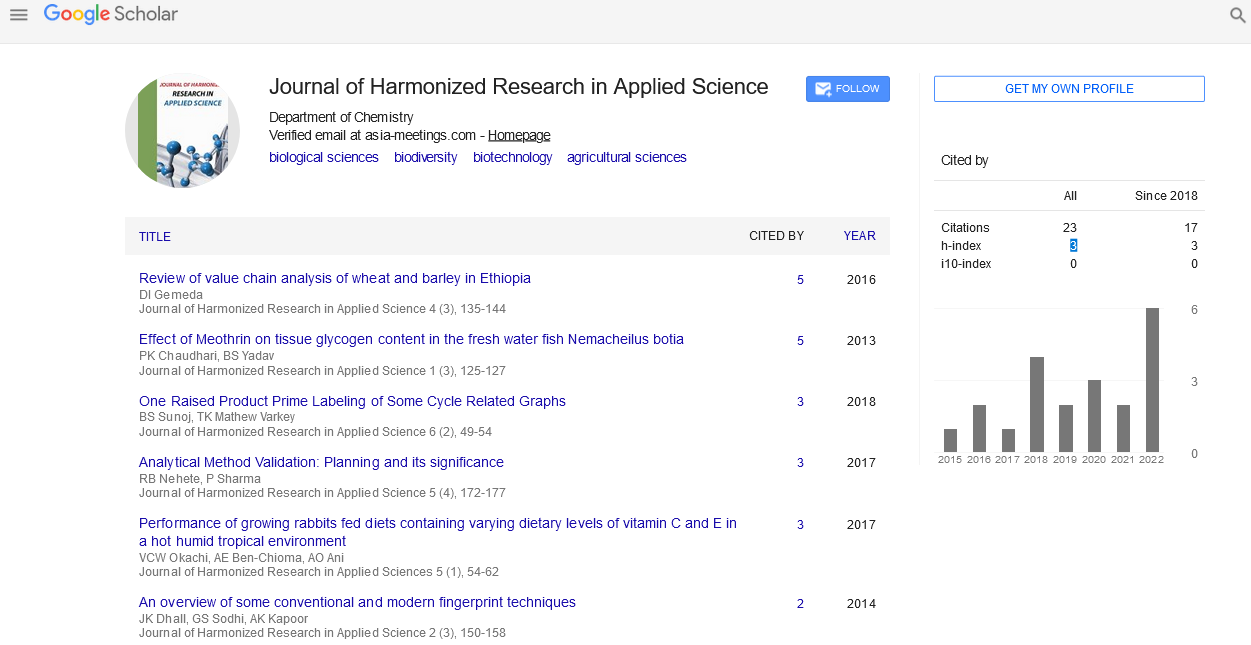ASSESSMENT OF DETERMINANTS OF HOUSEHOLD FOOD SECURITY IN SORO DISTRICT OF HADIYA ZONE, ETHIOPIA
Abstract
Author(s): Belayneh Bufebo
Most households especially in developing nations are food insecure partly due to the rapid increase in human population, climatic variability, and environmental degradation. Small land holding and fr agmented farm size coupled with low level of technology, soil degradation and poor infrastructure have reduced the capacity of smallholder farmers in the area to purchase food as well as to produce in sustainable manner. The objective of this study was to assess determinants of household food security in Soro district of Hadiya zone. The analysis was made using the households data collected form 4/four/ Peasant associations as that are representing the district. For this study, 100 households were selected by random sampling technique from four kebeles’. Both primary and secondary data were collected for this study. Primary data was collected by direct interview of sample respondents and secondary data was collected from published and unpublished documents. For data analysis, descriptive statistics (frequency distribution, percentages and pie charts) were used. The study illustrated that eight socio-economic factors (family size, herd size, farm land size, credit service, age of household head, use of irrigation, educational level of household head and income) and environmental factors such as erratic rain, erosion hazard and soil fertility decline determine household food security. Family size negatively affected food security and is the major causes for decrease of land, which ultimately leads to shortage of food in household level. The study result indicated that 63 percent of the sample households were found to be food insecured. It is therefore suggested that among other things focus on holistic approach is vital, to improve and develop the economic and natural resources base of food insecured households by introducing activities such as soil fertility management measures, intensive farming practice, family planning, and off-farm employment opportunities to maximize productivity and income.










